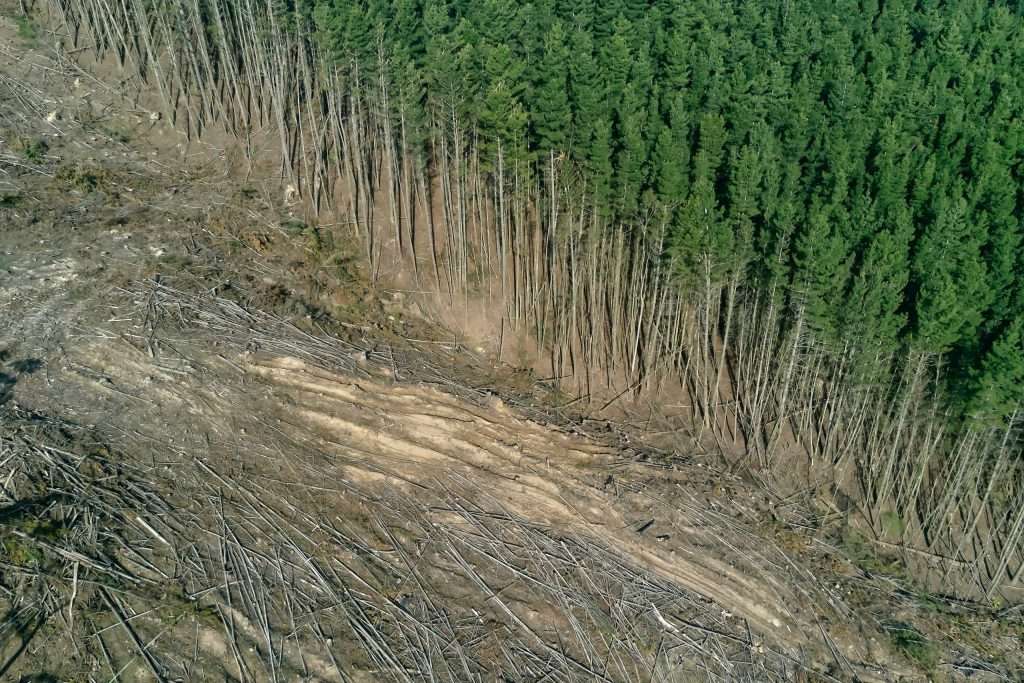The European Union’s Regulation on Deforestation-free products (EUDR) is set to transform supply chain management, with a particular impact on agricultural commodities.
The EUDR, effective from June 29, 2023, mandates businesses in the supply chain to provide auditable proof that their products linked to deforestation (such as soy, cattle, palm oil, wood, cocoa, coffee, and rubber) do not contribute to deforestation or forest degradation. This regulation affects trillions of euros in trade across various industries, including agribusiness, food and beverage, furniture, mill products, chemicals, pharmaceuticals, cosmetics, consumer products, and automotive. Non-compliance risks include fines, product seizure, temporary marketing prohibition, exclusion from public tenders, and reputational damage.
The Path to EUDR Compliance
Compliance with the EUDR requires detailed data about the origin of each EU-bound delivery, down to geolocation-verified plot level. A due-diligence statement, including data and documents about the products and country of production, must be filed for relevant products entering the market and stored for five years.
The Role of Technology in EUDR Compliance
The complexity of EUDR compliance, given the need for extreme traceability throughout often long and convoluted supply chains, necessitates the use of technological tools. These tools integrate with ERP systems to create blockchain tokens representing the products, product volumes, and their origins, producing digital twins that persist through intermediate and finished products. They also track geographic information system (GIS) shapefiles from specific product origins, automatically place the amassed shapefiles into their proper EUDR due-diligence statements, and upload them straight to the EUDR reporting site.
Beyond EUDR Compliance
The benefits of these systems extend beyond EUDR compliance. They enhance transparency and raw-material traceability, minimize manual effort, demonstrate commitment to environmental sustainability, and potentially boost reputational benefits and revenue through green price premiums.
In conclusion, while the EUDR presents challenges for supply chain managers, a combination of local collaboration and digital innovation can help businesses meet these new requirements and contribute to the preservation of our vital forests.







